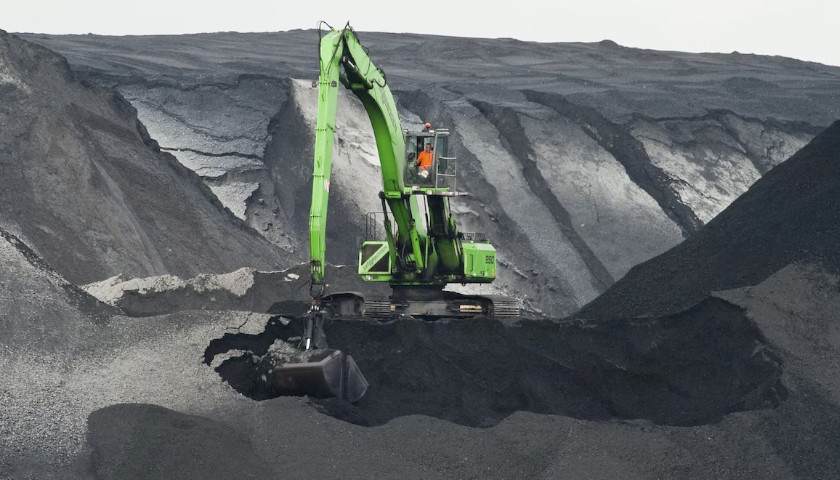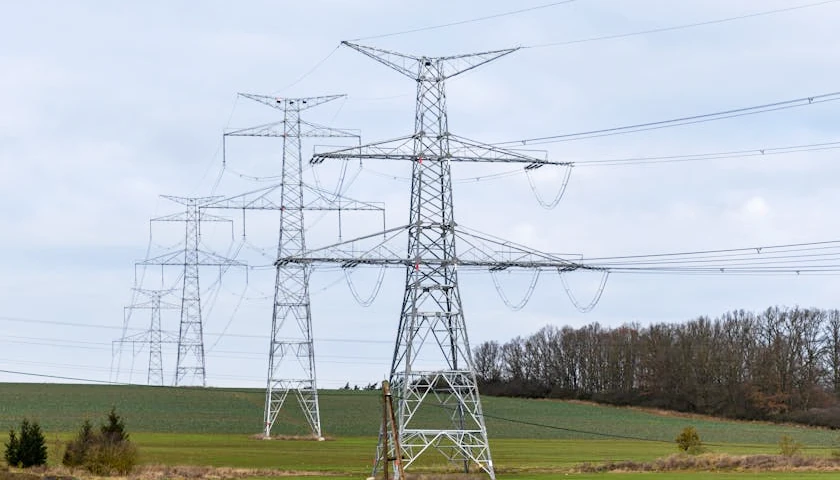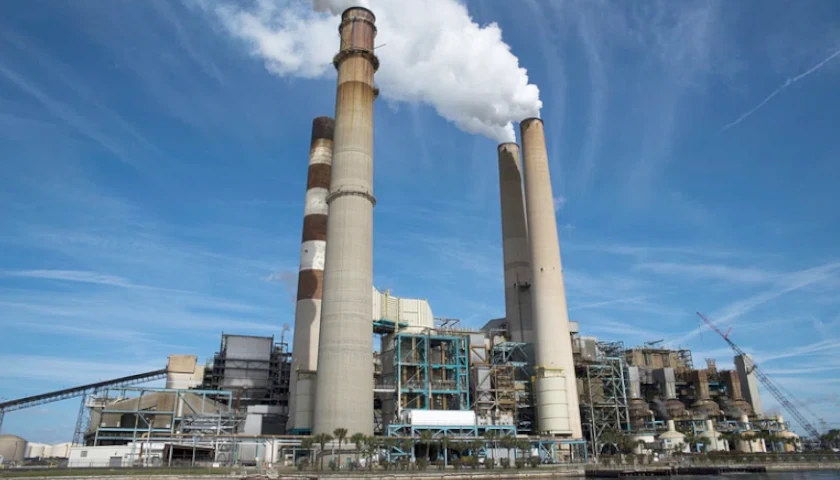by Anthony Hennen
A rush of federal money will boost Pennsylvania’s ability to address abandoned mining land, but the commonwealth will not be able to rely on federal dollars for most of the funding.
The Senate Community, Economic and Recreational Development Committee met on Tuesday to discuss the impact of the anthracite coal industry in northeastern Pennsylvania – both its environmental costs and its economic potential.
Abandoned mine reclamation, where former mine lands are cleaned up or redeveloped, loomed large in the discussion.
“Today’s hearing may shed some light on how current mine reclamation efforts and more environmentally sensitive coal production is helping us build on northeastern Pennsylvania’s economic success and how it may contribute to a stronger Pennsylvania economy,” said Sen. John Yudichak, I-Nanticoke and chairman of the committee.
The commonwealth has an Abandoned Mine Land Trust Fund dedicated to addressing problems left behind by coal mining, especially in regards to public safety issues and mitigating land and water issues. Funds for the work come from a fee on coal production.
The waste from mining operations formed refuse piles that formed hillsides that could be hundreds of feet tall, leaving unstable slopes that were also at risk of combustion.
Federal money has also been coming in; driven by the Infrastructure Investment and Jobs Act, the national fund for AML work received an extra $11 billion.
For Pennsylvania, it means that about $245 million will be available in fiscal year 2022 for reclaiming abandoned mine lands in Pennsylvania, said Brian Bradley, director of the Bureau of Abandoned Mine Reclamation of the Department of Environmental Protection.
“The DEP is expanding and developing new efforts to put the significant increase in funding to use in AML and (abandoned mine drainage) projects,” Bradley said, such as approving larger projects and speeding up treatment plants already in progress.
From all federal sources, almost $300 million will be available to Pennsylvania in fiscal year 2022.
However, Bradley noted that 287,000 acres of land is in need of reclamation; the construction costs alone would be $5 billion.
“Current AML funding would only provide Pennsylvania with a total of $4.47 billion for these efforts,” Bradley said. “It is clear that Pennsylvania cannot rely solely on the federal funding to address all of Pennsylvania’s AML and AMD problems.”
While the scope of the problem is large, experts noted remediation can also spur economic growth.
Terry Ostrowski, president and CEO of the Earth Conservancy, which works to clean up and develop mined lands in northeast Pennsylvania, noted a few project success stories. One in Wilkes-Barre removed 150,000 tons of waste coal, replaced by a 46-unit townhome construction project. Another had 2 million tons of coal removed and the land is now where several distribution centers have been built, as well as an area for youth sports.
“One developer alone has invested over $1 billion in its redevelopment activities, constructing more than 7.5 million square feet of industrial space, and creating over 6,700 direct and indirect jobs,” Ostrowski said. “Were it not for those initial (cleanup) activities, those sites would likely remain unclaimed today.”
The removal of blighted lands, Ostrowski argued, made possible more development.
“The cogeneration industry has greatly contributed to Earth Conservancy’s success in cleaning up thousands of acres of mine-scarred land in Luzerne County. Their work makes environmental and economic sense, helping to return idle and damaged lands to productivity,” Ostrowski said.
The economic growth of northeastern Pennsylvania has not gone unnoticed.
“Yes, the legacy and future of the coal industry is complicated, but the work done by coal refuse companies and non-profit environmental organizations … have given new life to the economy of northeastern Pennsylvania and they are building a foundation – a rock solid foundation – on which to build an even more sustainable and diverse economy,” Yudichak said.
– – –
Anthony Hennen is a reporter for The Center Square. Previously, he worked for Philadelphia Weekly and the James G. Martin Center for Academic Renewal. He is managing editor of Expatalachians, a journalism project focused on the Appalachian region.





